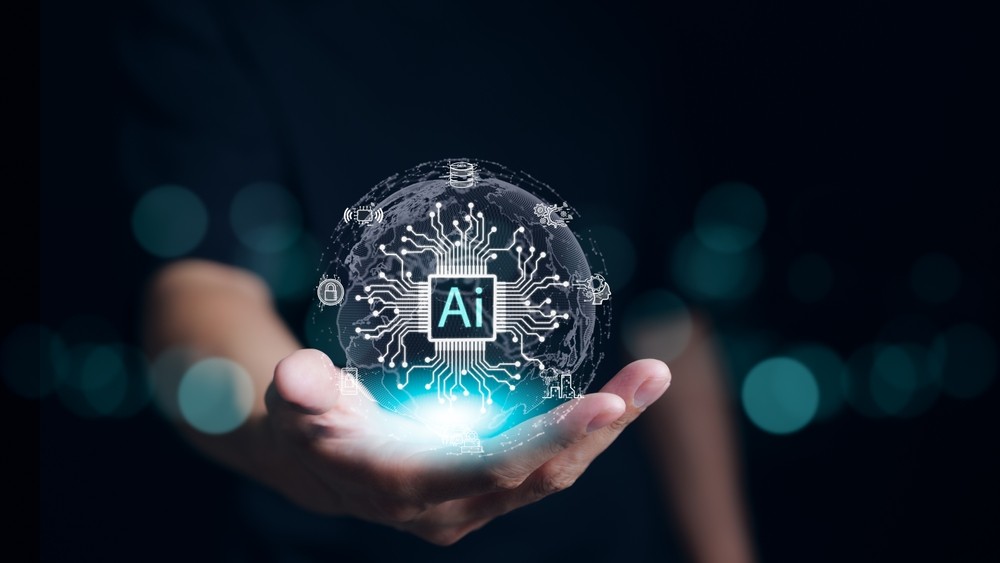Organisations are always looking for ways to enhance and improve their IT practices and processes. Whether beefing up security or ensuring their IT estate runs more efficiently, IT teams are constantly re-evaluating how they manage their systems and solutions.
This might explain why some IT teams are now eyeing the potential of generative AI (GenAI) to help automate tedious tasks to save time and money. They’re looking at how GenAI could support IT service management (ITSM) – the framework governing the implementation and management of IT services.
Even at this early stage, there is a growing consensus on how GenAI has the ability to enhance ITSM by automating tasks, predicting issues and improving decision-making.
GenAI is able to handle repetitive tasks, such as processing service requests, resetting passwords and updating user permissions, reducing manual workloads and freeing up IT staff to focus on more complex issues. In some cases, GenAI is also able to use data to predict future IT service demand, helping IT teams prepare resources and adjust capacity. However, not everyone is convinced. Some more cautious IT teams are struggling to identify which business functions can truly be improved by GenAI.
GenAI makes effective ITSM accessible for organisations of any size
This should come as no surprise. Whenever a new technology is launched, there’s a broad spread of reactions – from early adopters to those who prefer to ‘wait and see’.
What we do know, though, is where GenAI has been adopted, it’s beginning to make a real impact – especially concerning its integration into ITSM and its ability to offer affordable benefits for businesses of all sizes. And it’s an important consideration because robust ITSM solutions have traditionally been reserved for larger enterprises with the resources to invest in technology and skilled IT workers.
Now – thanks to GenAI – small and medium-sized businesses (SMBs) are able to access scalable ITSM features with no extensive financial investment or skilled workforces required. It’s a technology shift that helps them automate complex ITSM functions without needing large, specialised teams.
For example, with a GenAI-enhanced ITSM solution, SMBs can benefit from advanced reporting and analytics and streamlined workflows. AI-driven analytics – capable of processing vast datasets at speed – offer detailed insights able to help lean IT teams quickly resolve issues and support decision-making.
GenAI also revolutionises workflow management at IT service desks by automating routine tasks and providing intelligent assistance. It’s an approach that optimises productivity, allowing IT professionals to focus on more complex issues while delivering improved efficiency and service quality to end-users.
For instance, AI can autonomously handle incident triage, categorisation and prioritisation, helping ensure swift and accurate resolution of IT issues. What’s more, it can enhance training and skill development, enabling IT teams to acquire new skills and stay updated with evolving technologies.
GenAI and human collaboration are key to powerful ITSM
While there are clear advantages to greater automation, some have expressed concern about how adopting GenAI may threaten jobs. In reality, though, GenAI in ITSM works hand-in-hand with IT professionals – not in place of them.
It’s a point underscored by the recent SolarWinds IT Trends Report – AI: Friend or Foe – which found IT workers remain unconcerned about AI taking over roles. Of the nearly 700 IT staff members and leaders surveyed, 90% said they have a positive opinion of AI. They see it as a valuable tool that enhances their capabilities and helps them achieve business goals. But like any new technology, there need to be ground rules. This is why it’s important to consider frameworks like AI By Design, which establishes guiding principles for optimal practices around AI.
One of those principles is ‘Simplicity and Accessibility’, which maintains that all human interaction with AI should be seamless and intuitive, preventing fatigue and streamlining decision-making. In other words, GenAI should be able to empower IT professionals to make better decisions – not make those decisions for them.
Human IT teams remain in charge
‘Whether an advisor or a sidekick, AI doesn’t have carte blanche to make decisions in isolation’, said the report. ‘For the sake of security, privacy, and output quality, IT leaders should welcome AI into their teams’ workflows while prioritising human oversight and explainability. Human oversight and transparency are foundations for building trust in AI and its impact—not just within IT organisations but for their colleagues and customers.’
Although there are some concerns, the truth is human oversight is a key factor in AI-driven ITSM operations. Far from being a threat to jobs, it enables IT professionals to monitor AI-enhanced tools, intervene when necessary and adjust to improve performance. This oversight helps prevent potential issues and ensures that AI tools are used responsibly and effectively.
By combining AI's processing power with human judgement, organisations can achieve a higher level of operational excellence. As a technology, GenAI excels in incident management and root-cause problem-solving. It can quickly analyse incident patterns, identify root causes and suggest remediation steps. It’s then up to IT professionals to review these suggestions, make adjustments as needed and implement solutions. This collaborative approach helps accelerate incident resolution, minimise downtime and improve overall service quality.
GenAI’s integration into ITSM might seem like it’s reaching a pivotal moment. But it’s only the beginning. Far from being a threat, it’s rapidly becoming a deeply effective way to empower IT teams.




